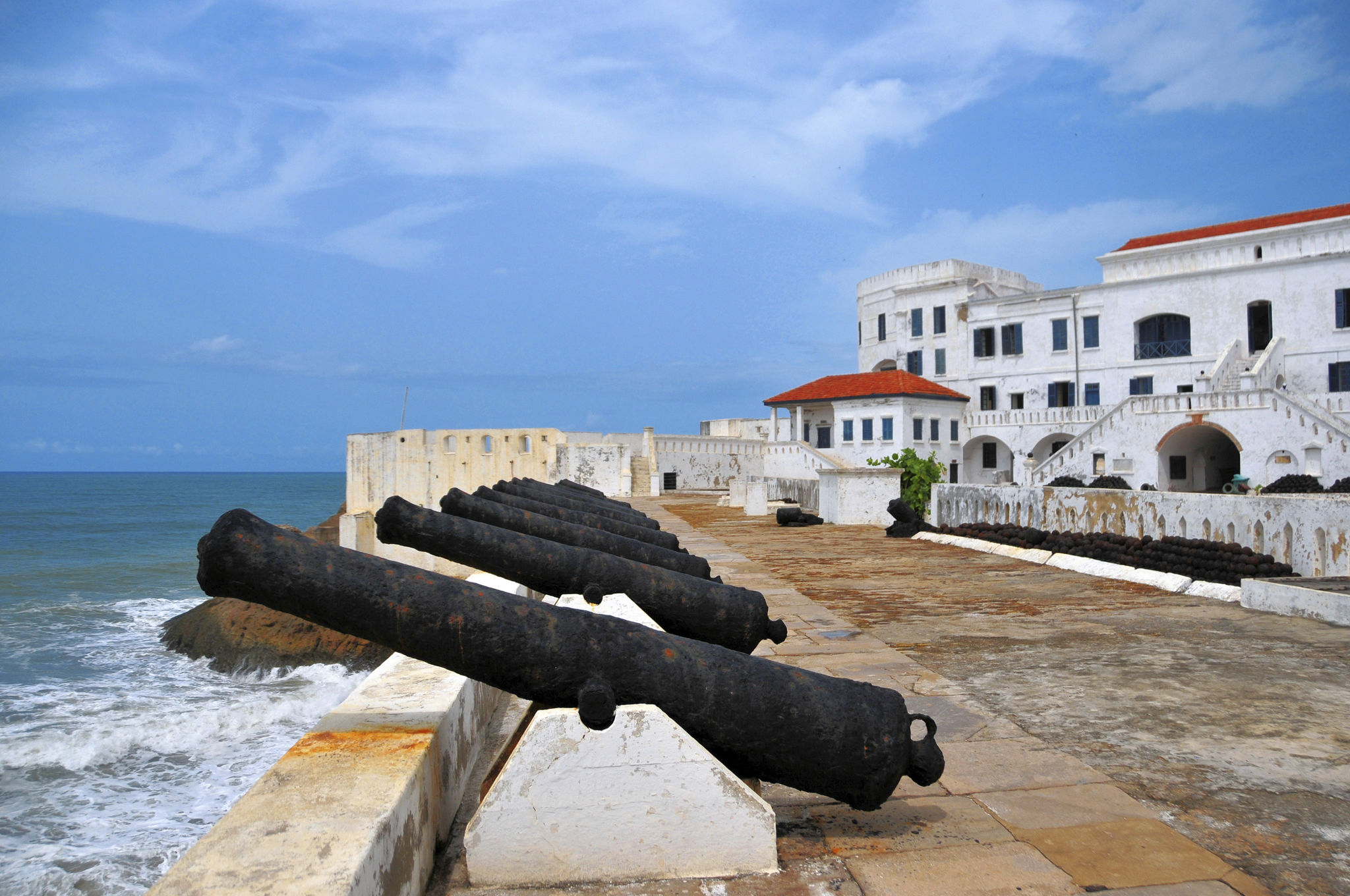The Impact of Climate Change on Ghana's Coastlines
Introduction to Ghana's Coastal Challenges
Ghana's coastlines, stretching over 500 kilometers along the Gulf of Guinea, are a vital resource for the nation's economy and biodiversity. The region is home to diverse ecosystems, supports a thriving fishing industry, and attracts tourists to its beautiful beaches. However, these coastlines are increasingly under threat due to the impacts of climate change.
Rising sea levels, increasing temperatures, and erratic weather patterns are altering the landscape and affecting the livelihoods of communities that depend on these coastal areas. Understanding the impact of climate change on Ghana's coastlines is crucial to developing strategies for mitigation and adaptation.

Rising Sea Levels
One of the most profound impacts of climate change on Ghana's coastlines is rising sea levels. As global temperatures increase, polar ice caps melt, contributing to higher ocean volumes. This phenomenon leads to coastal erosion, land loss, and increased flooding in low-lying areas.
Communities such as Keta have already experienced significant land loss due to erosion. The encroaching sea not only threatens homes and infrastructure but also valuable agricultural lands that many locals rely on for sustenance.
Impact on Marine Biodiversity
The health of marine ecosystems along Ghana's coast is also at risk. Warmer sea temperatures affect marine life, altering habitats and migration patterns. Coral reefs, essential for biodiversity, are particularly vulnerable to temperature changes and acidification caused by increased carbon dioxide levels in the ocean.

These changes disrupt the balance of marine ecosystems, impacting fish populations. Since fishing is a major economic activity along the coast, any decline in fish stocks could have severe implications for food security and employment.
Socio-Economic Implications
The socio-economic consequences of climate change on Ghana's coastlines are significant. Coastal communities depend heavily on fishing, agriculture, and tourism for their livelihoods. With rising sea levels and changing weather patterns, these industries face unprecedented challenges.
For instance, unpredictable weather conditions can lead to reduced agricultural yields, affecting food availability and prices. Additionally, coastal erosion and flooding pose threats to infrastructure, with costly implications for both individuals and the government.

Adaptation and Mitigation Strategies
To combat the effects of climate change on its coastlines, Ghana must implement effective adaptation and mitigation strategies. These include building resilient infrastructure, developing early warning systems for extreme weather events, and promoting sustainable land-use practices.
- Constructing sea walls and other protective barriers to prevent erosion.
- Restoring mangroves and other natural buffers to enhance coastline stability.
- Investing in renewable energy sources to reduce greenhouse gas emissions.
The Role of Policy and Community Engagement
Government policies play a crucial role in addressing climate change impacts. It is essential for policymakers to integrate climate resilience into national development plans. Additionally, community engagement is vital for successful adaptation strategies.
Educating local populations about climate change and involving them in decision-making processes can lead to more effective solutions. Empowering communities with knowledge and resources will enable them to adapt better to the changing environment.

Conclusion: A Call to Action
The impact of climate change on Ghana's coastlines is undeniable and demands immediate attention. Stakeholders at all levels must collaborate to safeguard these vital regions. From government initiatives to community-driven projects, every effort counts toward securing a sustainable future for Ghana's coastal areas.
By understanding the challenges and taking proactive measures, Ghana can not only protect its coastlines but also ensure that they continue to provide ecological, economic, and social benefits for generations to come.